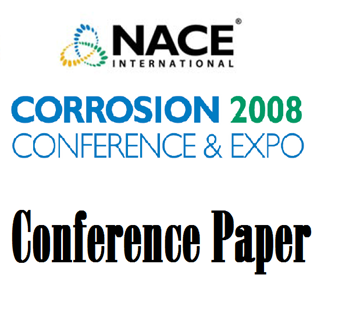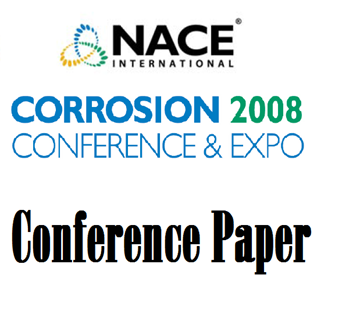Search
08086 Balance of Alloying Elements in Wear Resistant Co-Based Alloys for Oil Drilling Applications
Also Purchased
08090 Performance of Selected Corrosion Resistant Alloys Under Simulated Seawater Injection Conditions Downhole
Product Number:
51300-08090-SG
ISBN:
08090 2008 CP
Publication Date:
2008
$20.00
08115 Development of a C125 High Strength Low Alloy Steel for OCTG: SSC Mapping in Slightly Sour Environment
Product Number:
51300-08115-SG
ISBN:
08115 2008 CP
Publication Date:
2008
$20.00
08129 Overall Mechanisms of High pH and Near-Neutral pH SCC, Models for Forecasting SCC Susceptible Locations, and Simple Algorithms for Predicting High pH SCC Crack Growth Rates
Product Number:
51300-08129-SG
ISBN:
08129 2008 CP
Publication Date:
2008
$20.00




